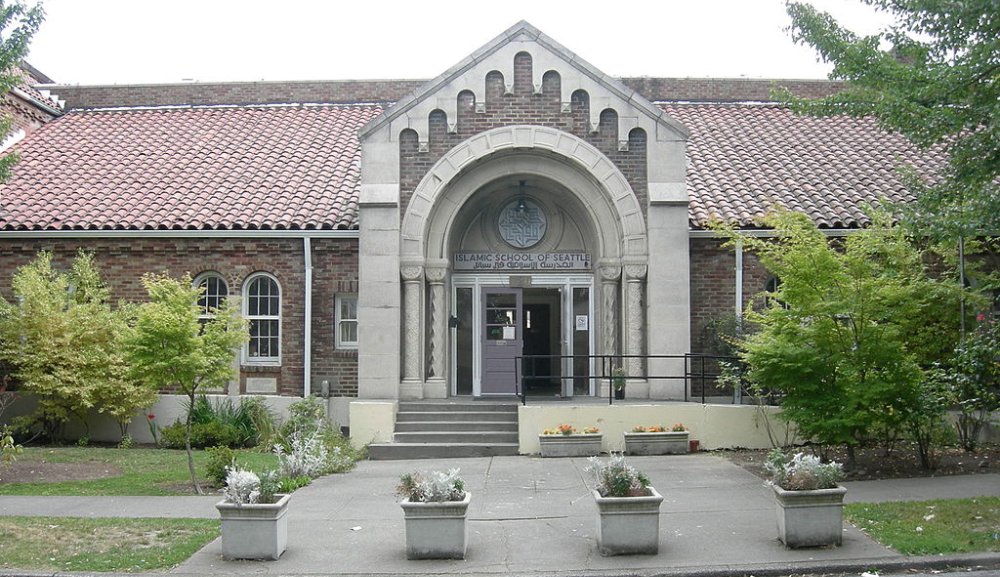In the 1750s-60s Thomas Jefferson purchased a Qur’an (Koran) and other sources of religious ideas. He learned to disdain the Muslim faith but found the history and tenets of Islam interesting, concluding with foresight that Muslims could become active United States citizens.
Meanwhile, our Pacific Northwest has strong religious roots: Native American traditions; early Roman Catholic influences (mostly of French origin); Protestant missionaries; and any number of evangelical and new age sects. Islam has become another important factor in our region, mostly because of Persian Gulf oil and related political issues.
It’s possible that the old Greek seaman named Apostolos Valerianos, known to history as Juan De Fuca, was a Muslim. Early sailors who saw our shores aboard ships commanded by Carillo, Quimper, Sir Francis Drake, and Robert Gray might have included Muslims, who were esteemed for their seamanship.
In the 1940s and 50s a significant number of Middle Eastern immigrants found their way to the Pacific Northwest, including many students with professional skills. Muslim influence thereafter grew within local colleges and universities.
The first Muslim gathering place in our region may have been Burien, Washington. That site was founded by Jamil Abdul Razzak, who later played a role in establishing the North Seattle mosque known as the Islamic Center of Seattle. This grand edifice on Northgate Way with its brick minaret was completed in 1981. It is the first mosque west of the Mississippi River built in authentic Middle Eastern design. Much of the financial support for the Center came from Saudi Arabian Sheik Abdel-Keder Idress. Other mosques appeared in Tacoma, Pullman, the Tri-Cities, and South Seattle.
College campuses throughout the state of Washington have welcomed issues Muslim students. For example, during the early 1980s period of American hostage-taking in Iran, many Muslim students found it uncomfortable to make a public display of their religious beliefs.
Several local Christian churches and the Church Council of Greater Seattle took a close look at the Middle East in religious terms, as parishioners have expressed curiosity and ignorance about the tenets of Islam. One example of this informal educational process was promulgated by circulating a sheet which briefly described the Muslim five-times-a-day prayer, called the al-fatitah, beginning with the words: “Praise be to Allah, Lord of the worlds; the beneficent, the merciful, master of judgment day.”
Islam has much in common with Judaism and Christianity. For example, Abraham, the Old Testament patriarch who is seen as a founder of the Hebrew traditions, is recognized by Muslims as the father of us all. Moses, Jacob, Isaac, and Jesus are recognized as great prophets, while Muslims reject the Christian doctrine of the trinity because they steadfastly believe in only one god, Allah. Other Islamic beliefs hold that the entire earth is sacred, so wherever one prays is holy ground, and everyone is equal in God’s eyes.
Our Muslim neighbors’ faith is rich and has not suffered by its quiet but steady transplantation to Pacific Northwest soil.
Discover more from Post Alley
Subscribe to get the latest posts sent to your email.

Hello Junius, Thanks for a succinct history of Islam’s presence in the Northwest.